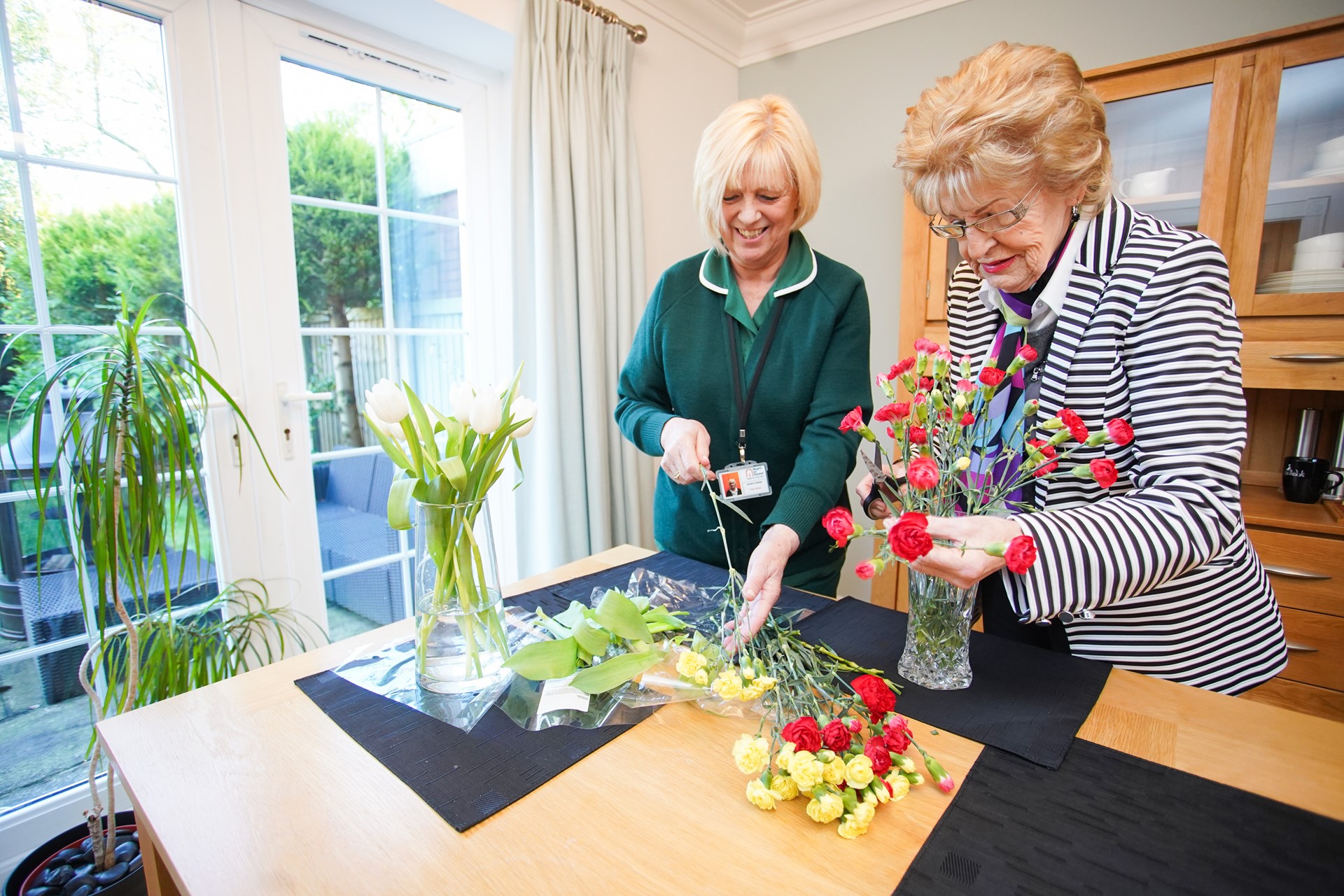Does needing homecare reduce your independence?
Published: 09/01/2023
Virtually every week we receive a phone call from a worried daughter (or son) to say that they would like their Dad (or Mum) to have some support but their parent says they don’t need it. Often they are right – they don’t need our home care services.
Needing care
However, need is a strong word. If you were to replace it with “would benefit from” then it is quite different. Many people only see the negative connotations of care, as something that signifies the end of independence. The reality is that good care should support you to maintain your independence, help you to enjoy life and only support you to do the things that you would not be able to do on your own.
A huge number of our clients have been unsure about receiving support initially but then, after a couple of weeks, have been delighted with the new friends they have found in our amazing CareGivers and they have not looked back.
Why a little bit of support is a good idea
If you are a worried son or daughter and having difficulty persuading your parent to accept a bit of help then there are a few tactics you could try.
- Try it out. If someone is unsure, it may be easier to persuade them to trial the care. If they agree to a short trial of care, they are likely to see the benefits after a few short weeks and have built up a good relationship with the caregiver. Do discuss this with the care agency you use so they are aware it is just a trial and they should help support you with this.
- What if. Quite a few of the care enquiries that come into a care agency are an immediate need and in that situation it can be very stressful trying to find the right care. You may well be limited for choice as many agencies will not have capacity to take on new clients at very short notice. If you can persuade your loved ones to have some care in place then, if there is an emergency, you already have a relationship with a care agency you know and trust.
- Peace of mind / Do it for me. Sometimes asking them to accept the support as a favour to you can work. Explain how you worry about your loved one and that by accepting a little support would give you great peace of mind.
None of the above are a definitive answer to the challenge. However one of them, or a combination of approaches, may just do the trick and mean that your loved one maintains their independence and quality of life for longer.
The great thing about home care is that it is very flexible, if the timings, lengths or number of visits are not working out for you then a good care agency will review the support plan and make changes for you.

